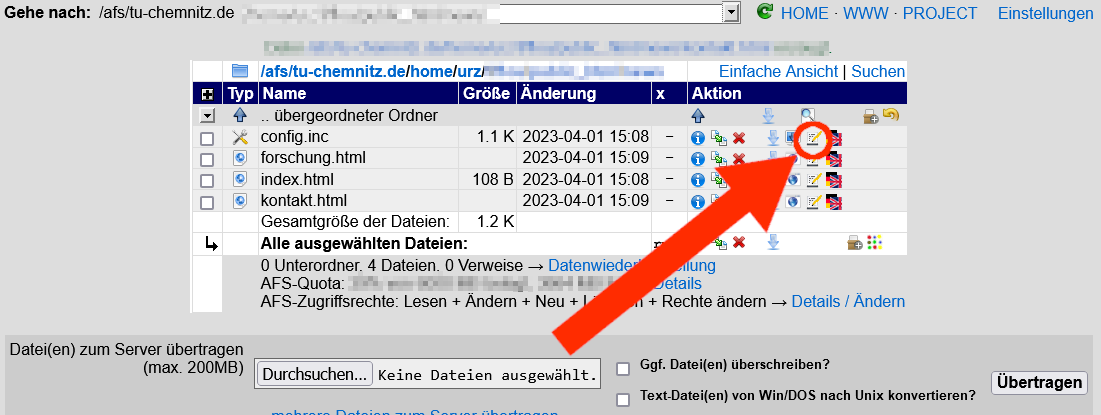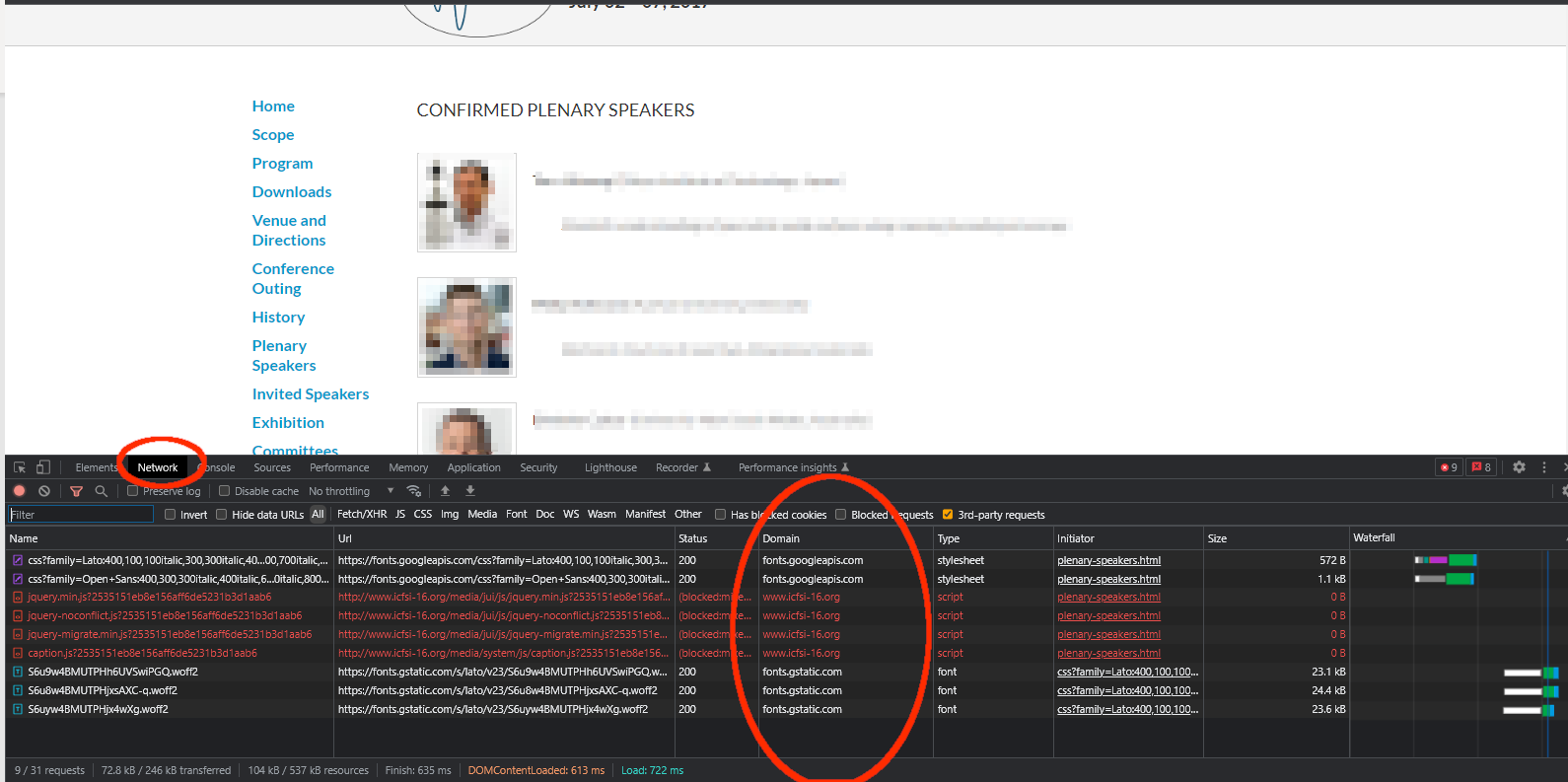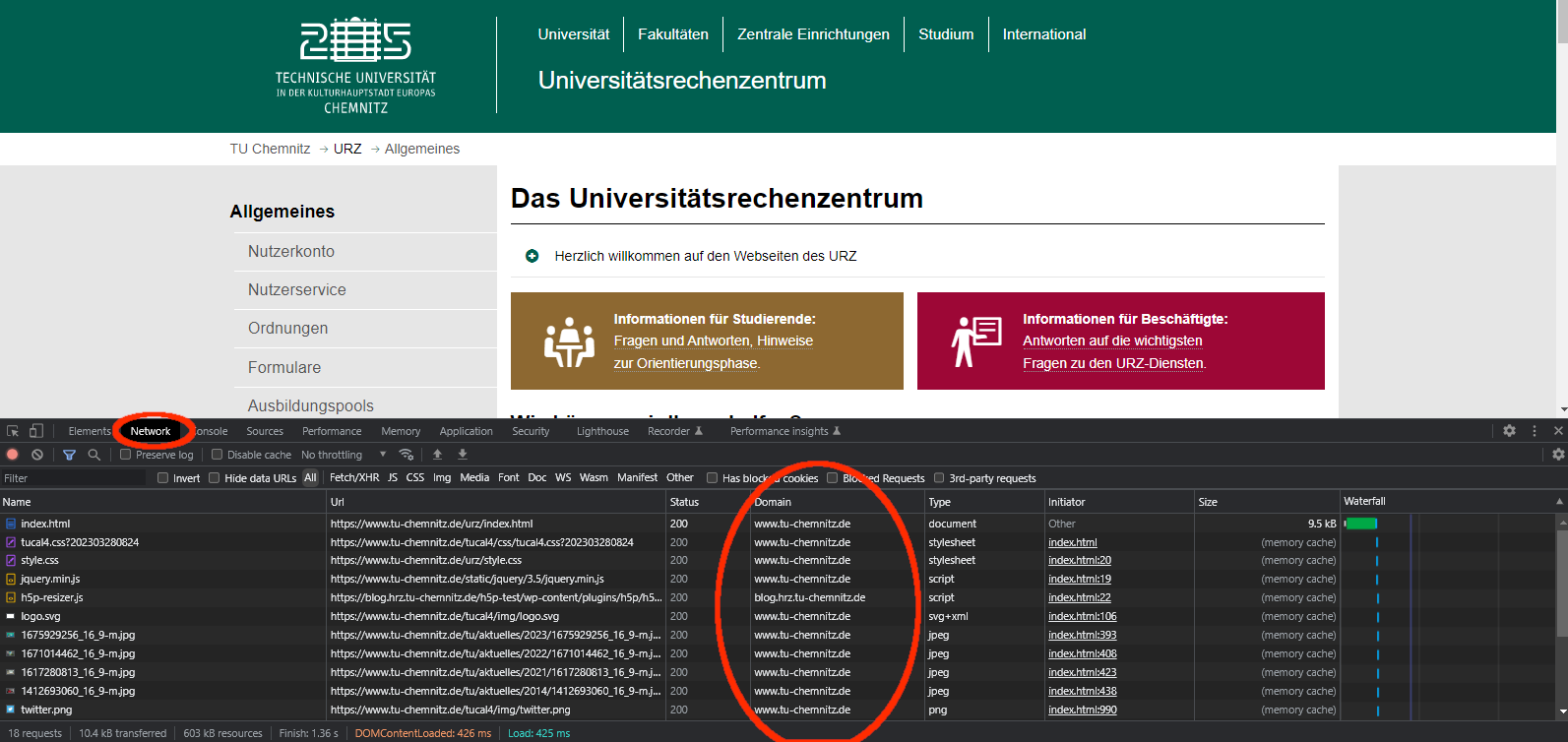Publishing on the Web: The Legal Side
General Legal Information
Note: This information does not constitute legal advice, nor does it claim to be complete. It merely provides a brief overview of the most relevant regulations for the design of web documents.
As a web author, before you publish any content at all, you must familiarise yourself with the legal provisions, because the internet is not a legal vacuum. Digital violations can also result in severe penalties.
There is no explicit German internet law, but rather, existing laws are applicable by analogy. First and foremost copyright law, but also the telemedia act, data protection act and criminal law.
In addition to statutory regulations, the the URZ usage regulations (German only) are binding. They regulate the area of use, authorised users and liability.
The Most Frequent Legal Misunderstandings on Our Websites
| Scenario | Possible Violation of |
|---|---|
| You include images or graphics that you have found somewhere on the internet | Copyright, Trademark law |
| You want to enhance your website with X/Twitter, Google Maps, Instagram or other social media embeds | Data protection |
| You use special fonts instead of the university's own fonts | Data protection |
| You post self-shot photos of the last team meeting | Data protection, General Personal law |
| You use your web space for private projects | URZ usage regulations (PDF-German only) |
Due Diligence and Website Maintenance
The Internet is in constant change, with which the legislature is also trying to keep up. New laws are constantly being passed or courts making groundbreaking decisions on unexplained facts on the internet. Even 30 years after its invention, there are still many legal controversial issues or gray areas on the World Wide Web. Therefore, fulfill your obligation as a web author and inform yourself regularly about changing legal situations and maintain your websites accordingly. Also keep the registered webmaster up to date so that they can be contacted quickly in the event of problems. A recent example of a leading decision is the judgment on the violation of personal rights through the use of Google Fonts , which dubious lawyers use for warnings [District Court Munich I, 20.01.2022 - 3 O 17493/20 (German only)].
In your website's home folder, click the edit icon for the "config.inc" file.
In the interface of the frame definition you can now see the menu item "Autor", there you can type in the name and e-mail address of the responsible web author. The name you enter appears on your website in the bottom left corner of the footer.
Liability for Violations
Violations of copyright or data protection act usually result in the justification of claims for damages. In particularly serious cases or in the case of criminal acts however, imprisonment may also be threatened. In principle, the university is liable for illegal actions that you commit as a web author on servers of Chemnitz University of Technology. However, this liability can fall behind, if you should act grossly negligently or intentionally.
Existing Infrastructure is More Secure
Use the content management system TUCAL for creating websites, the image database for pictures and icons of the Corporate Designs and for Social Media embeddings the URZ-Plugins. The university's own tools are always adapted to current changes in the law, and so are the websites created with them, without you as the web author having to constantly make improvements. This ensures a secure basic framework for your website, you are of course still responsible for the actual content.
Contact Person
If you have any legal uncertainties or have any questions, please contact the data protection officer (German only)
Further Information:
What is Copyright?
Legal text Act of Copyright and Related Rights (UrhG)
Copyright is the protective right of intellectual property. It arises automatically with the creation of a work and is inseparable from the person who created it and is therefore not transferable.
The author has the exclusive right of exploitation [§ 15 Para. 1 UrhG]. This means that he or she alone may determine the reproduction, distribution, exhibition, presentation or processing of the work [§ 15 UrhG].
However, the author can grant a right of use to third parties.
What is Copyrighted?
Copyright protects works of personal intellectual creation. These include [§ 2 Para. 1 UrhG]:- Writings
- Computer programs
- Works of music
- Works of fine arts and their designs
- Photographic works
- Film works
- Scientific or technical drawings, plans, tables, etc.
- Photographs [§ 72 UrhG]
- Recordings by performing artists [§§ 73 – 83 UrhG]
- Radio transmissions [§ 87 UrhG]
- Databases [§§ 87a – 87e UrhG]
- Press releases [§§ 87f - 87h UrhG]
Since the copyright arises automatically with the creation of the work, even with a low level of intellectual creativity, one should assume that almost all of the images, films or documents are protected by copyright. The exploitation rights held by the author also include saving, copying, uploading and downloading works in digital form on hard drives or cloud storage. Accordingly, you may not simply save works that are available online to your web space and display them on your website.
There are exceptions to this copyright when works are embedded via external sites. With this method, however, compliance with data protection is difficult. See the FAQ of the data protection officer.
Attention!
Works that are easily regarded as public property, but are also protected: maps and excerpts from them [BGH, decision of 18.9.2014 – I ZR 138/13 (German only)], DIN standards [OLG Hamburg, decision of 27.07.2017, Az. 3 U 220/15 Kart (German only)], as well as photos of public domain works [ LG Berlin, decision of 31.5.2016 – 15 O 428/15 (PDF- German only)].
How Can I Use Copyrighted Works on My Website?
Obtaining Rights of Use:
The authors can grant someone else the right to use their work [§31 Para. 1 Sentence 1 UrhG]. The exploitation rights are often not assigned by the author himself, but collectively by collecting societies (e.g. GEMA, VG Wort, VFF). They act in the interests of many authors, ensure that they are paid appropriately and simplify the administrative burden on the Internet. Most authors or collecting societies offer usage rights in return for payment of usage fees. Before using third-party works, find out who owns the exploitation rights and secure their use contractually with them. For your own security, the contracts should always be in writing and precisely describe and record the terms of use, e.g.
- which works are affected
- who is the copyright holder
- which form of use is intended (online, private, commercial)
- time limitation of the rights of use
- which explicit rights are required (reproduction, editing, etc.)
Creative Commons:
Creative Commons is a non-profit organization that offers authors standardized license agreements, the so-called CC licenses. With these, authors can grant the public free rights of use, in various degrees. Even if these works can be used free of charge and without the consent of the author, there are still different license types that must be observed when using them. Free license does not mean legal free.
Works with CC licenses can be found on Pixabay, Jamendo or Wikimedia
| Sign | Designation | Meaning |
|---|---|---|
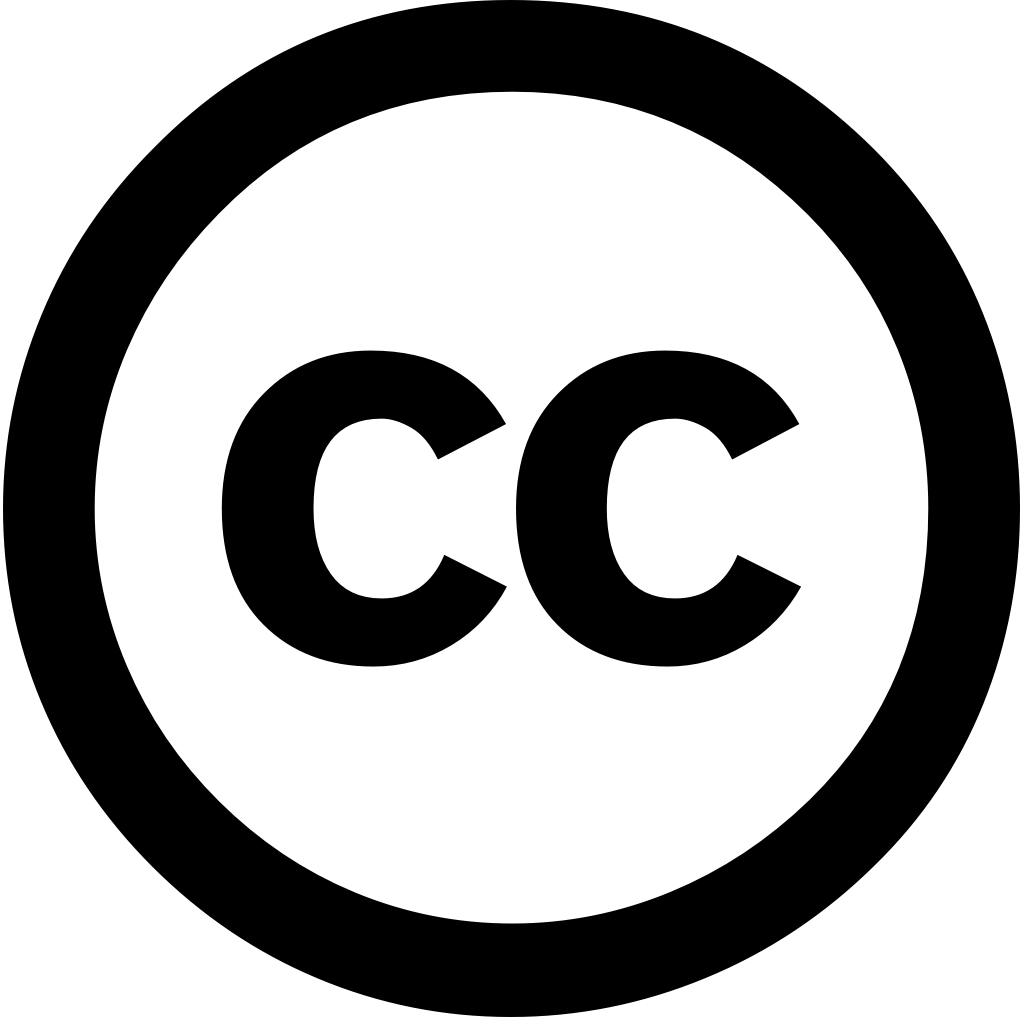 |
CC | General Creative Commons sign |
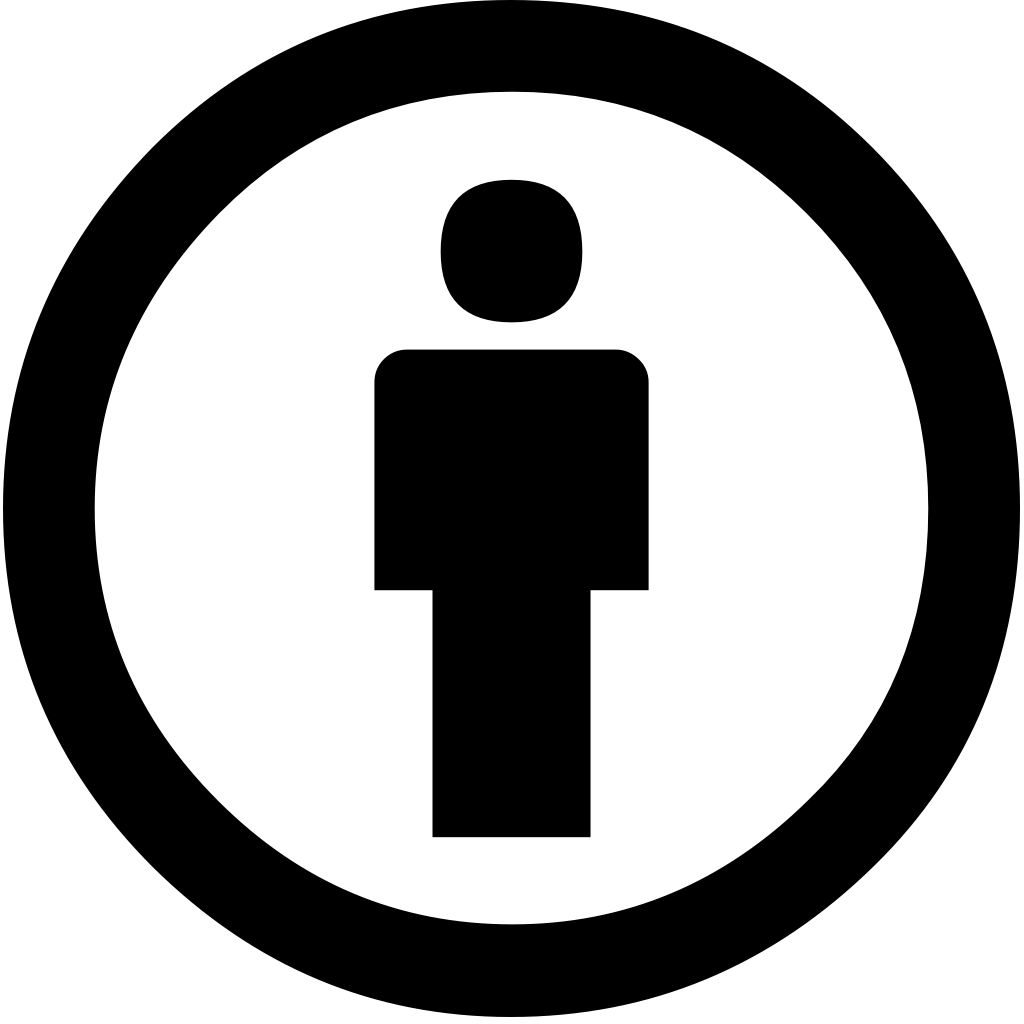 |
BY | Naming the author |
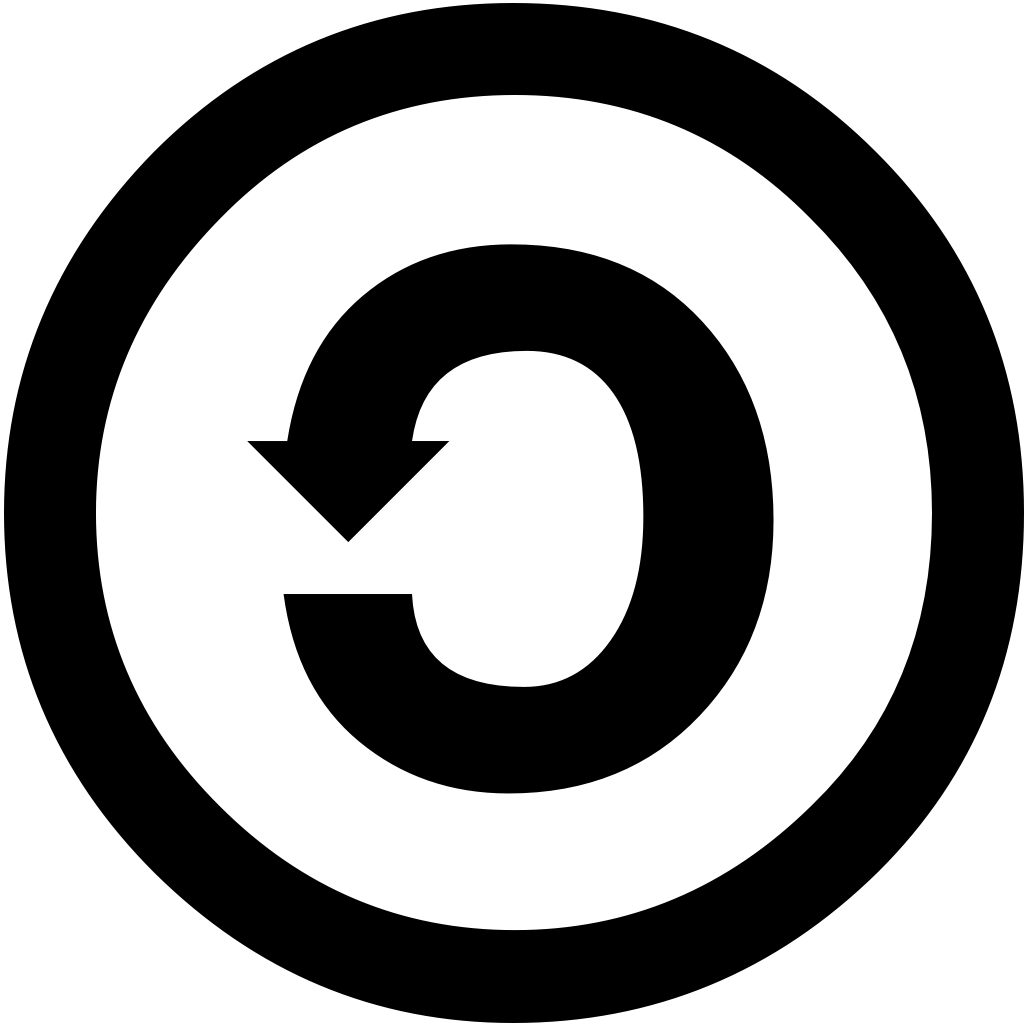 |
SA | Disclosure under equal conditions |
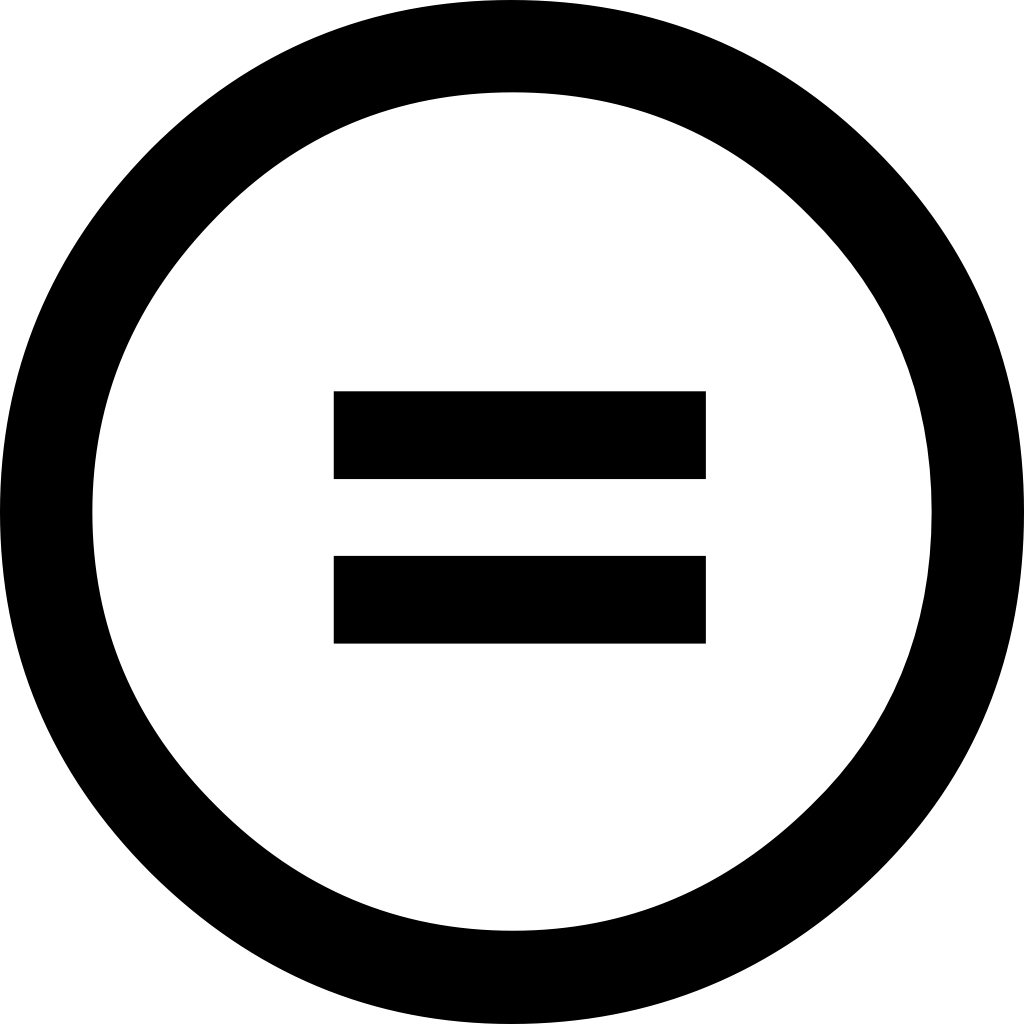 |
ND | No editing allowed |
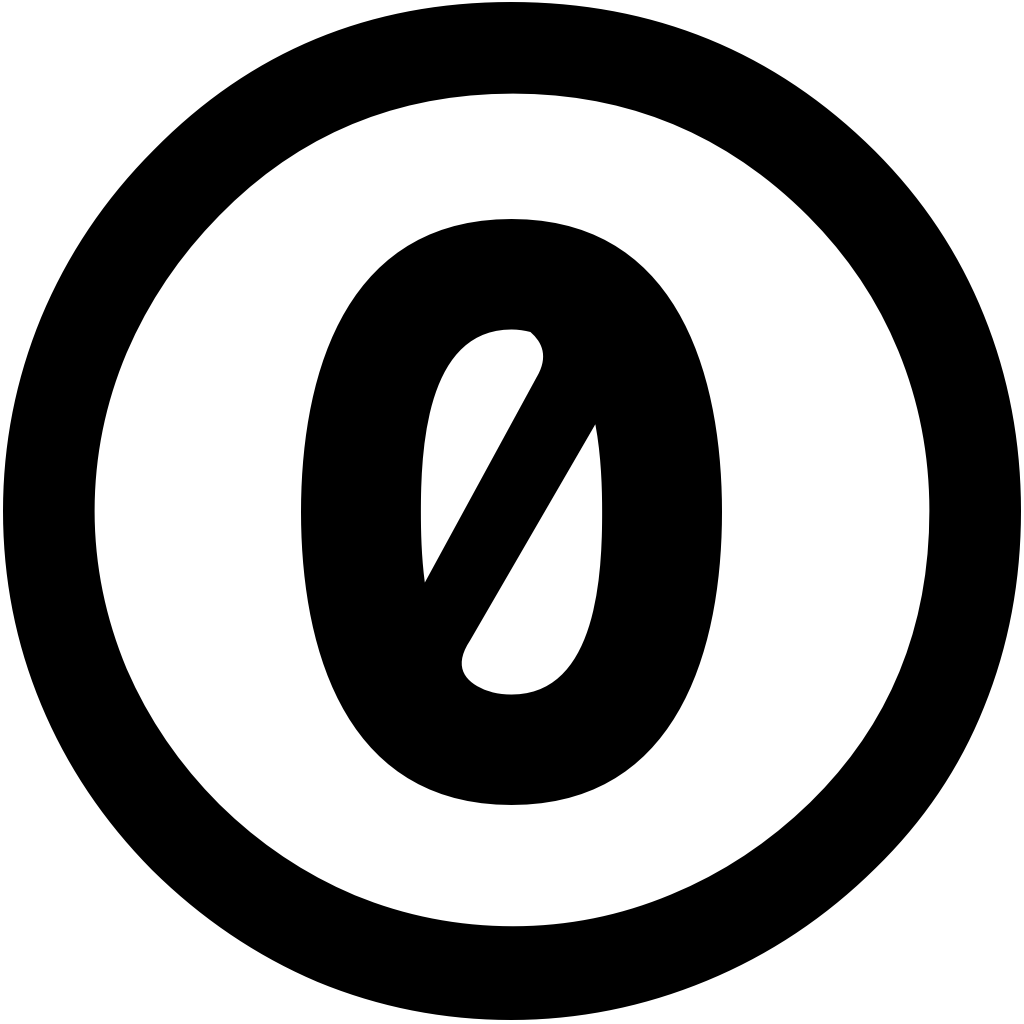 |
0 | No conditions |
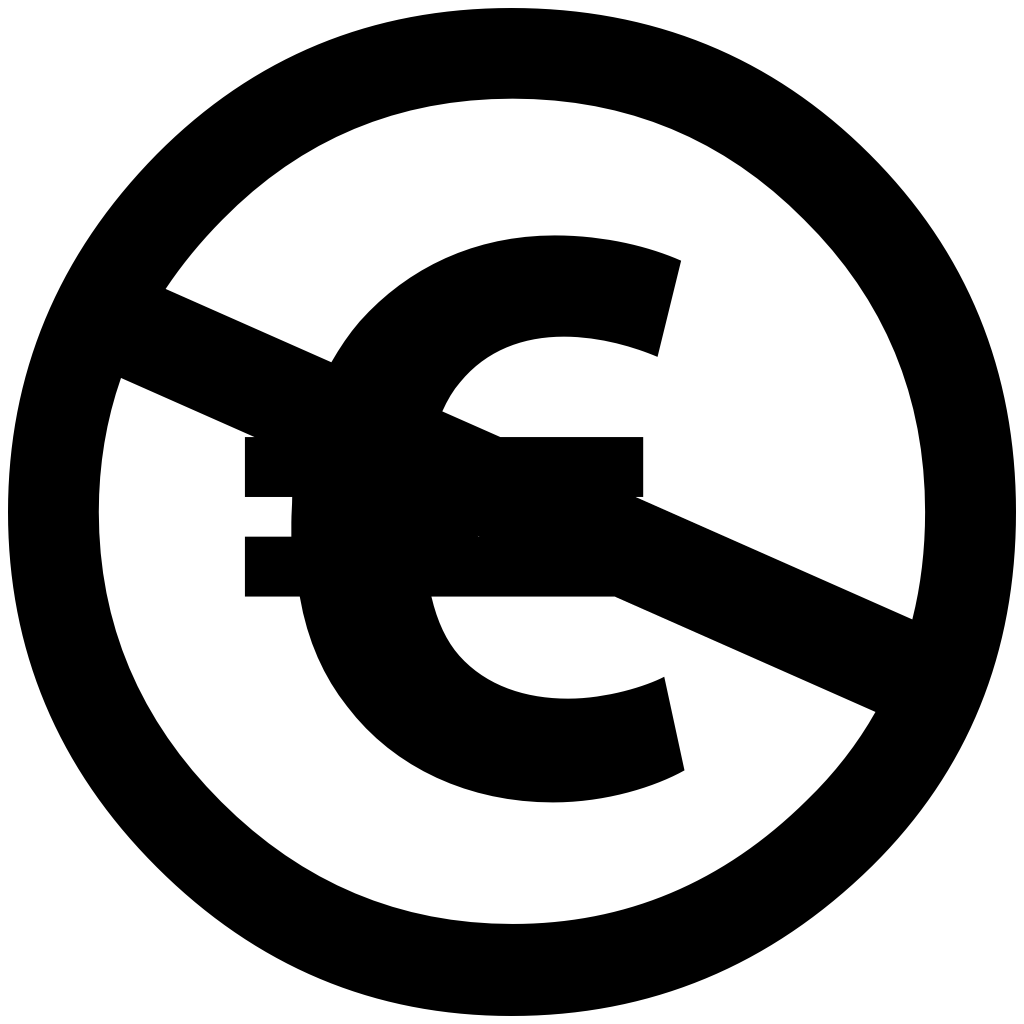 |
NC-EU | Non-commercial use EU |
Attention!
When using CC works, please make sure that the author has actually granted the license rights and that the work has not been made available by unauthorized third parties. If the work appears elsewhere on the Internet without a CC license or if the work appears particularly professional, caution is advised.
Stock Photos:
Providers of stock media offer you the opportunity to use a large number of royalty-free images, usually by paying a final fee, without having to enter into individual contracts with the respective authors. Here, too, the applicable regulations for the publication of the works must be observed, even if they are license-free.
Free Use of Works:
Copyright expires seventy years after the death of the author [§ 64 UrhG]. From this point on, works are public property and available for free use. But be careful, digital copies of analogue public domain works can themselves be protected.
Official works, laws, regulations and official announcements are generally in the public domain and are therefore exempt from copyright protection. [§5 sentence 1 and 2 UrhG]
In the course of a quotation, works without rights of use can be published [§51 UrhG]. However, this requires a special purpose and must be done in an independent work. In addition, the citation must be adequately discussed [BGH 20.12.2007, Az. I ZR 42/05 (German only)].
Copyright Notice
The copyright sign has no legal relevance in Germany. Works according to §2 UrhG are automatically protected by copyright and do not require any explicit identification.Resources of Chemnitz University of Technology
The university offers an image database for free use by all web authors: Image Database
There are also university icons: Icons
Protection of Data Privacy
Data Protection Act
Legal text GDPR (German: DSGVO)
Legal text SächsDSDG (Saxony Data Protection Implementation Act, German only)
Every website must comply with applicable data protection laws in Germany. Most of this is regulated by the GDPR, which is valid throughout Europe, but state law in the form of the SächsDSDG for public institutions must also be observed. If you use the tools provided by the URZ, such as the TUCAL, and operate a website under the main domain “tu-chemnitz.de”, you should be on the safe side in terms of data protection. All services of the URZ process personal data locally without passing them on to third parties. Data processing is regulated in a central data protection declaration for the websites. However, if you have your own domain or use external resources, you must check them for data protection compliance and possibly write your own data protection declaration.
Embedding External Resources
As soon as you embed external images, maps, fonts or social media plugins in your website, it is no longer compliant with data protection. By embedding with a <src>- tag, external websites and their servers are called up and user data such as the IP address, the browser used or the operating system used are exchanged. This data can be used by some providers to create a user profile and thus violates the right to informational self-determination. This was recently confirmed by the LG Munich I [LG Munich I, 20.01.2022 - 3 O 17493/20 (German only)]. You can avoid this problem by storing all required resources locally on your own web space. However, only save resources that you own the rights to use. For resources that cannot be saved locally, such as Google Maps or social media, please use the URZ's two-click consent. By adding this solution, users must first agree to the transfer of data before content is loaded. See our entry in the URZ Blog.
You can easily view the individual requests that your website sends by right-clicking on the page in the browser (Chrome or Firefox). This opens the context menu. There, click on "examine" to open the developer tools. Now you will find all connections under the tab Network (Chrome) or Network Analysis (Firefox). The pages may have to be reloaded so that all requests appear. Connections that do not come from the domain “tu-chemnitz.de” or university servers are problematic.
A detailed description of data protection guidelines and their application can be found on the website of the Data Protection Officer (German only).
Personal Rights
Legal text Basic Law for the Federal Republic of Germany (GG)
The one personal right per se does not exist, rather it is constructed from various rights such as the right to a name [§ 12 BGB], the right to one’s own image [§§ 22 ff. KUG (German only)] or the right to informational self-determination (GDPR). The general right of personality is derived from Art. 2 Para. 2 GG in conjunction with Art. 1 Para. 1 GG. It ensures the free development of each person's personality and is intended to protect them from encroachments on their personality. Each person should be able to decide for themselves whether and how information from their private or social area is made accessible to others. The following circumstances constitute an encroachment on personal rights:
- Disparaging or untrue claims about a person
- Publication of images and sound recordings without the consent of the person shown or recorded
- Posting or sharing private information without consent
The consent of the person affected must always be obtained before personal data is published or passed on. Exceptions exist for pictures of people from contemporary history, provided there is a social interest, as well as pictures with people who are only accessories.
Note
Group photos can also justify a right to one's own picture and pictures of people from contemporary history are usually still protected by copyright. Exact explanations of which pictures you are allowed to publish can be found on the website of the Data Protection Officer (German only).
Public Due Diligence
The legally stipulated journalistic duty of care is only binding for commercial journalistic publications, but you as a website author and university member are obliged to carefully check the content of your website according to university and scientific standards and not to publish any false reports. Check sources for their origin and truthfulness. Untrue or distorting claims may not be presented. Make personal opinions and unsubstantiated statements clearly recognizable. Express criticism objectively and do not use derogatory insults that violate the personal rights of other people. The right to freedom of expression is not a license to defamation and lies.
Imprint Obligation
All service providers according to § 5 DDG (German only) are subject to the imprint obligation for commercial activities. An imprint ensures that users can find out the identity of the person responsible for the website. On the one hand, this contributes to transparency and, on the other hand, to the seriousness of the website. The university provides a central imprint, which includes the pages under the main domain “tu-chemnitz.de”. You only have to enter a current webmaster under this domain, see chapter general information. Websites under an independent domain require their own imprint or a copy of the central imprint.
- Name and address
- Legal form for legal persons and authorized representatives
- Contact details
- Competent supervisory authority, if necessary
- Register and register number: entry in the commercial register, association register, partnership register or cooperative register
- Regulated Professions
- Sales tax identification number
- Economic Identification Number
- Winding up/liquidation
- Person responsible for the content.
Criminal Law
Legal text German Criminal Code (StGB)
Criminal acts are also prohibited online according to the Criminal Code, no separate internet criminal law is required for this. These include, among other things:
- Usof identifiers of unconstitutional organizations[§ 86a StBG]
- Depictions of violence [§ 131 StGB]
- Disruption of the data processing process [§ 303b Abs. 1 Nr. 1, Nr. 2 StGB]
Such actions represent a serious violation of the law and are not only due to negligent website maintenance. If the university becomes aware of such actions, your website will be blocked immediately.

